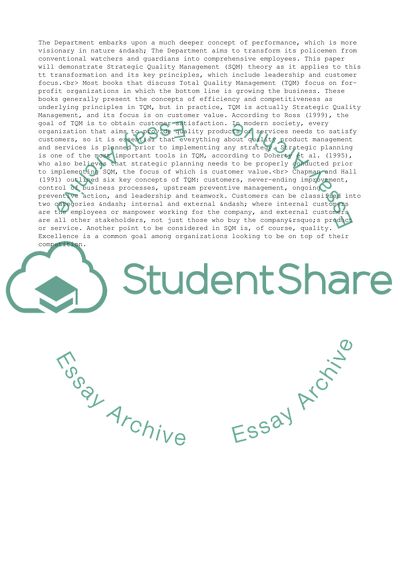Cite this document
(The Strategic Management Plan of Abu Dhabi Police Department Research Paper, n.d.)
The Strategic Management Plan of Abu Dhabi Police Department Research Paper. Retrieved from https://studentshare.org/management/1735190-strategic-quality-management-bonus-guaranteed-to-writer-who-works-on-this-order
The Strategic Management Plan of Abu Dhabi Police Department Research Paper. Retrieved from https://studentshare.org/management/1735190-strategic-quality-management-bonus-guaranteed-to-writer-who-works-on-this-order
(The Strategic Management Plan of Abu Dhabi Police Department Research Paper)
The Strategic Management Plan of Abu Dhabi Police Department Research Paper. https://studentshare.org/management/1735190-strategic-quality-management-bonus-guaranteed-to-writer-who-works-on-this-order.
The Strategic Management Plan of Abu Dhabi Police Department Research Paper. https://studentshare.org/management/1735190-strategic-quality-management-bonus-guaranteed-to-writer-who-works-on-this-order.
“The Strategic Management Plan of Abu Dhabi Police Department Research Paper”, n.d. https://studentshare.org/management/1735190-strategic-quality-management-bonus-guaranteed-to-writer-who-works-on-this-order.


